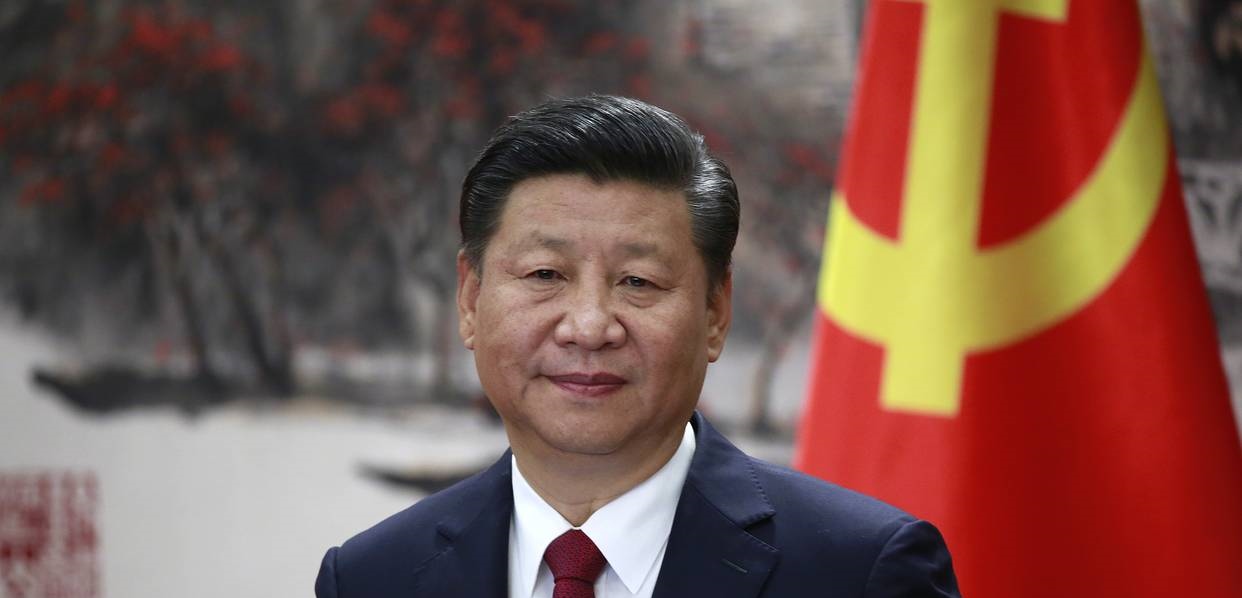Success and failure
March 5, 2018 | Expert Insights

The annual session of the National People’s Congress began on March 5th, 2018. It is the first meeting since the new government was installed by the Chinese leadership during the 19th National Congress.
It occurs amid a major shift in Chinese politics. The communist regime has moved to removing term limits on presidency paving the way for President Xi Jinping to serve a third term in the future. Will he become a revered figure in Chinese politics or will the long tenure end in ignominy and controversy?
Background
Xi Jinping, the current President of China, was born to Communist veteran Xi Zhongxun. Before assuming the highest office in the country, he served governor of Fujian from 1999 to 2002. He joined the powerful Politburo Standing Committee and Central Secretariat in October 2007. By the time he was appointed in the Politburo Committee, it was assumed across political circles that he would be then President Hu. There is widespread censorship of the internet. He has been a key proponent of increasing China’s global influence through projects like One Belt One Road (OBOR).
The country has also grown economically and increased its global footprint exponentially. It is the second largest economy in the world by nominal GDP. It is both the largest economy in the world and the largest exporter of goods. The region is the world’s largest consumer market and it is the second largest importer in the world. Between 2013 and 2015, China was the top trading nation in the world. It is one of the fastest developing nations in the world.
During the most recent edition of the National Congress in China, there was a unanimous vote to enshrine Xi Jinping's name and ideology to the country’s Constitution. He is the first and only Chinese President to have been afforded this honour while still alive since Mao Zedong. He has thus become one of the most powerful presidents in Chinese history.

Analysis
The Chinese government in 2018 took the extraordinary step to allow Jinping to serve indefinitely. The country’s Communist Party has proposed changing the constitution and amending it in the process. “The Communist party of China central committee proposed to remove the expression that the president and vice-president of the People’s Republic of China ‘shall serve no more than two consecutive terms’ from the country’s constitution,” Xinhua, China’s official news wire, reported. “The proposal was made public Sunday.” The proposed change will also affect the tenure of the nation’s Vice President.
In the recent years, Jinping have moved towards modernizing the Chinese military and expanding Chinese trade. He has also been able to counter many of his political challengers through the party’s all-powerful anti-corruption body. Even though he has become an unrivalled leader in China, there are growing concerns that he will fall from grace just as easily. The nation is grappling with bad debts and experts state that the country is not always honest about its economic growth.
Jinping has vowed to make China a unified nation (including Taiwan and Hong Kong) and has promised military and economic growth. If he is not able to deliver on his promises, he could lose his footing in the nation and fall out of favour not only from the party but also the citizens.
Meanwhile, the annual meetings of the national legislature and the top political advisory body are being presently held in Beijing. It is the first session of the legislative body since the new Communist Party leadership was installed at its 19th congress in October.
Premier Li Keqiang delivered his work report. During these meetings, the party is expected to ratify the "Xi Jinping Thought" - in the constitution and confirm the new government and officially kickstart Jinping’s five year tenure. It is also expected to ratify a law to set up a new powerful anti-corruption agency. The economic growth will also be a main source for discussion. The nation is expected to set a growth rate of 6.5% (same as last year).
Even though dissent is not common in the communist regime in China, some have expressed their apprehensions. "It [two-term limit on the presidency introduced in the 1982 constitution] was the highest and most effective legal restriction meant to prevent autocracy or putting individuals above the party and the state", the former editor of state-run China Youth Daily said in an open letter to the legislators.
Assessment
Our assessment is that if Jinping is able to deliver on his promise regarding economic expansion and is able to exponentially increase China’s global footprint, then he will end his tenure as one of the most revered politicians in Chinese history. However, the fate of a nation can change quickly and that affects the powers who are in-charge. The longer someone is in power, the more likely they are to be held responsible for a nation’s problems. Thus, Jinping could be setting himself up for failure in that respect. There are some red flags regarding Chinese economy including the increased bad debts that will have to be addressed.








Comments